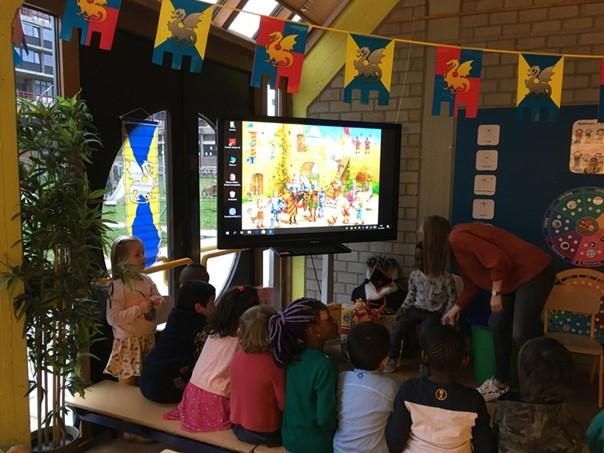The aim of teacher education is to provide teachers with sufficient starting competences as defined in the professional profile for teachers. Nevertheless, beginning teachers often experience a reality shock resulting in dissatisfaction, stress or drop-out. One possible explanation is that internships do not focus on all the teacher's professional roles, but mainly on teacher roles within the classroom. Workplace Learning (WPL) seems relevant in this context to train student teachers more broadly so that they feel competent in all roles of the teaching profession. WPL can be defined as experience based learning, an active and constructive process that takes place in a real work situation as a learning environment, with real problems from the work situation as a learning object.
This project tries to gain a thorough insight into the concept of WPL as a basis for the design of innovative forms of WPL. Specifically, this project sets five goals:
- Acquiring insight in the concept of WPL, forms of WPL, preconditions, success factors, profitability and differences with classical internship learning.
- Analyzing the perception, preconditions and profitability of existing forms of WPL in primary education teacher training.
- 3Designing innovative forms of WPL in primary education teacher training.
- Comparing the competences that students acquire through the regular internships of primary education teacher training programmes versus the innovative forms of WPL with the expected competences of the teaching profession.
- Analysing the experience, preconditions and return on investment of innovative forms of WPL in primary education teacher training programmes.
In terms of research methodology, there is a mixed-method approach: desk research, literature studies, focus groups and survey research alternate, so that quantitative and qualitative data complement each other. Although this project is situated in primary school teacher education, are the insights concerning WPL and the methodology for a successful implementation also relevant for other programmes and departments within and outside AP.






